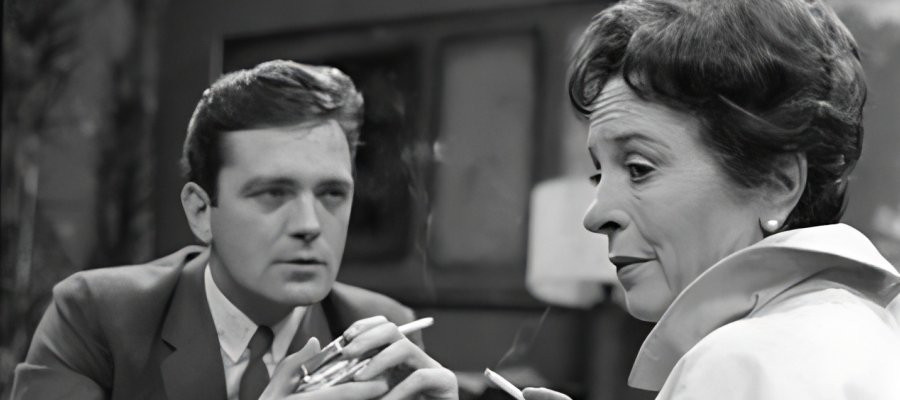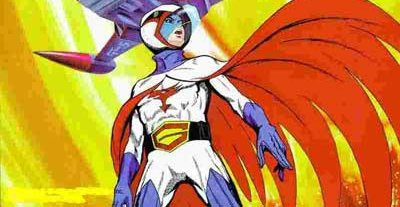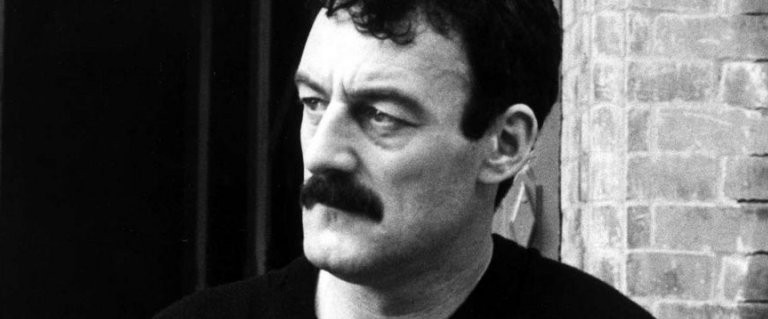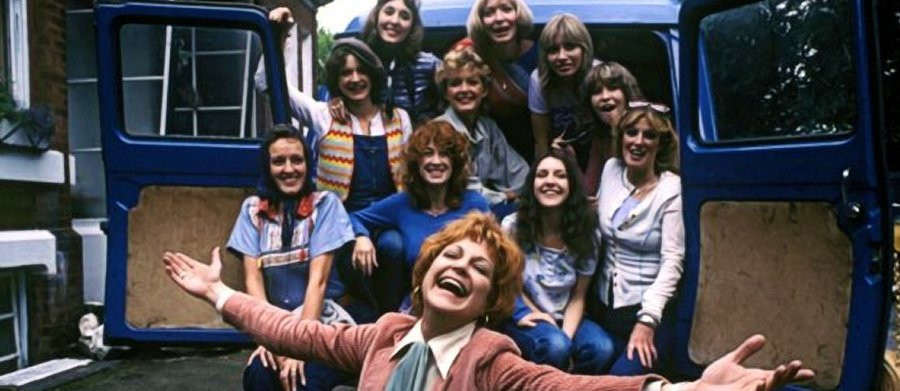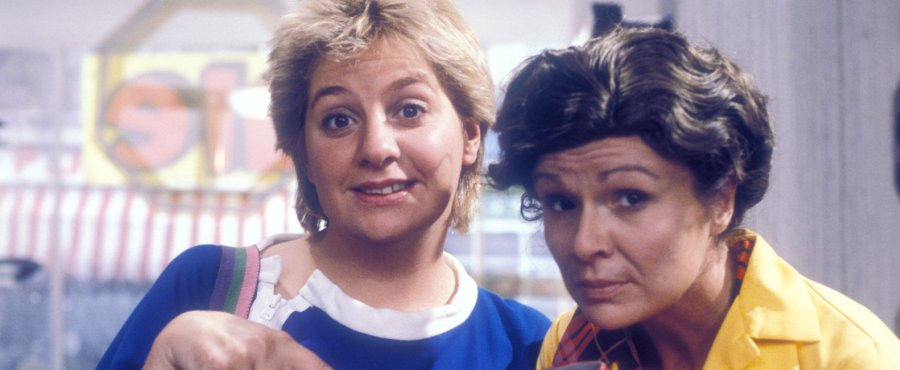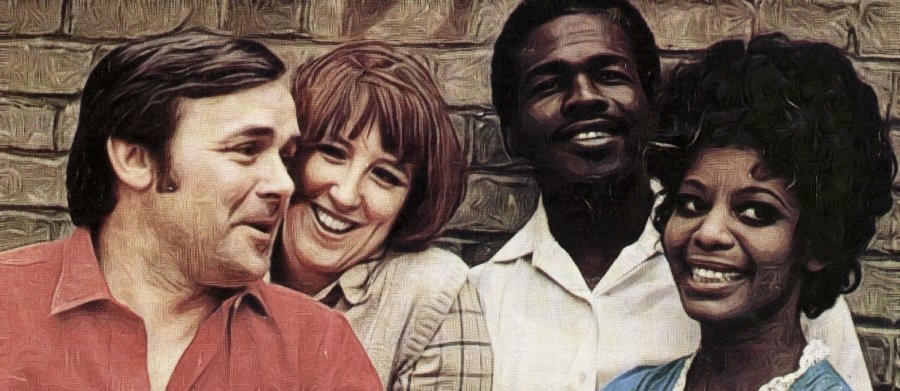
Empire Road
1978 - United KingdomWhen Guyanese playwright Michael Abbensetts went to Birmingham for the filming of his play, Black Christmas, he went to stay with a friend in Handsworth, where it struck him that the atmosphere was very different from London. “It was more relaxed. Everybody seemed to have more time, and it was easy to see what people's problems were. It was very mixed: Blacks, Whites and Asians living next door to each other. And you could hear all of them talking in the same Brummie accent. All that happens in London, but in Birmingham I could see it with greater clarity".
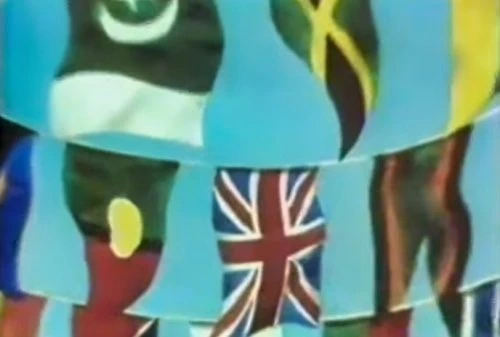
The result was Empire Road, recognised as Britain’s first black soap opera – although the field is hardly a vast one. Empire Road was the first serious attempt at a long-running drama on British television addressing Britain's growing multi-racial society. The show had a mixed black and Asian cast and included storylines that were concerned with mainstream issues such as parental discipline and relationships. Some people dubbed the series the 'black' Coronation Street and Time Out claimed it to be one of the few shows that could be watched by black people without embarrassment or anger, unlike previous primetime series which were mainly in the genre of comedy and included shows like Love Thy Neighbour and Mind Your Language which stereotyped its non-white characters with all the subtlety of a sledgehammer on glass. Like ‘Corrie’ the purpose of Empire Road was to amuse and entertain rather than raise race related issues.
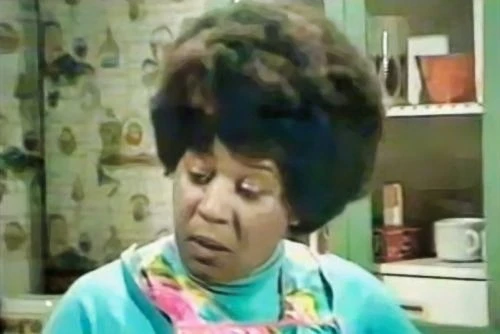
The story of a group of West Indians and Asians living in a suburban street in Birmingham had credible storylines and dialogue thanks to it having a black writer (Abbensetts was born in Guyana) and from the start it was clear that this was not merely another white show with black faces but a realistic account of life in Birmingham in the 1970s. The exterior scenes, running the gamut, from the local Soul Food grocery to the local chip shop, was filmed on Westbourne Road, a street in Handsworth, Birmingham. Just as in the real-life Westbourne Road, the people in the street are drawn from all over the West Indies, Asia and Britain.

The BBC production team were not exactly welcomed with open arms by all the residents of Westbourne Road. One of the stars of the series, Norman Beaton, told how he was once told by a man who lived on the street, ‘You ought to be filming this kind of thing in another street you know. We're all respectable here'.
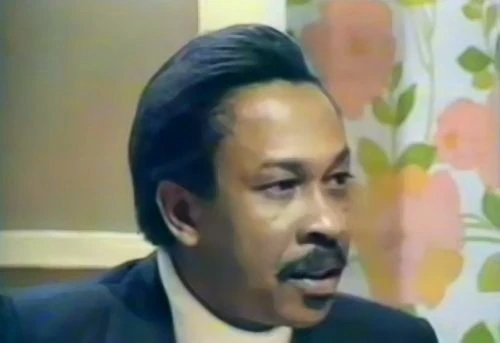
Empire Road's four principal characters comprised the Bennett family; head of the household was Everton (Beaton); his wife Hortense (Corrinne Skinner-Carter); their Birmingham born son Marcus (Wayne Laryea) and his Asian girlfriend Ranjannaa Kapoor (Malini Moonasar). The relationship between Everton Bennett and his brother-in-law Walter is comic, and the relationship between Everton's son Marcus and Ranjanaa is romantic, which courted some controversy even before the start of the series. Asian leaders objected to incidents like the two lovers kissing on screen. According to producer Peter Ansorge, "The idea was to find a girl from one of the schools in the area, and we found a number of them, but when we described the plot, it always turned out that their families wouldn't let them do it". Eventually the part went to Moonasar, who doesn't come from the Indian subcontinent or East Africa, but, like Abbensetts and Beaton, from Guyana.
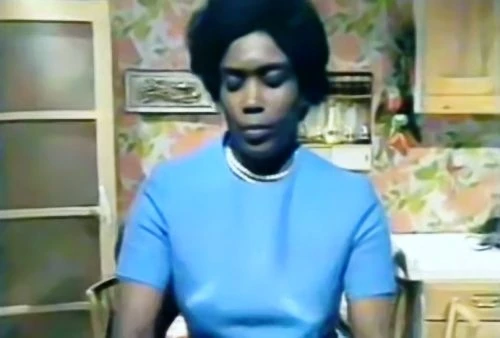
The rest of the company mainly came from a variety of different backgrounds. Joe Marcell and Trevor Butler came from an orthodox drama-school and repertory background. But Vincent Taylor, who played the young tearaway Royston, was an O-level pupil at a local school, while Corinne Skinner-Carter was an actress-turned-schoolteacher, who had to take time off from her junior school in London's Hackney to play the part. Rosa Roberts (Miss May) was a club entertainer from Leeds. Wayne Laryea started his acting career in a children's serial made in Hollywood (The Bugaloos). Apart from Mellan Mitchell, who plays the Asian father, Wayne was the only one of the regular cast who was not a West Indian.
Norman Beaton came to the series with a larger-than-life reputation, having just won the Variety Club's Actor of the Year Award for his role in The Fosters, but he was determined that it wouldn’t hamper him. “That sort of thing is always difficult to justify.” He told the Radio Times in 1978. “My character, Everton Bennett, was the pivot around which most of the scenes revolved, and it was an enormous responsibility in purely acting terms. I had to be there every day, and I had to produce my best every day.”

Before the first episode was broadcast it was shown at the Edinburgh Television Festival to gauge the response of a professional audience. The Radio Times claimed that it was greeted ‘as a breakthrough in the treatment of the ethnic minorities on television.’ Abbensetts hoped that it wouldn’t be seen merely as a black version of other television soap operas. "It is a soap opera, and I wrote it to appeal on a popular level, but I think it says something about the real lives of West Indian and Asian people living in British cities". Buoyed by the initial response the BBC commissioned a second series before the first even hit the screens. So it came as a surprise that the first series (consisting of five episodes) was buried in the Further Education timeslot on BBC2 at 6:50pm where it was largely overlooked by audiences.
The Stage, in reviewing the first episode complained of a naïve story line, indifferent acting and an overkill of Reggae music. 'Not a promising start,' wrote Jennifer Lovelace, 'but there was more and, overcoming its air of amateurism and fairly obvious faults, it conveyed a zest and gusto that was stimulating enough to make it enjoyable.'
Even the Radio Times had to admit that the uncertainty of the first series was reflected by an overlording of jolly "West Indian style" music, and above all by the fact that there were only five half-hour episodes that were shown on BBC-2 at an unsociable hour. When the series returned to BBC2 the following year it was promoted to an 8pm primetime slot.
Corinne Skinner-Carter was not uncritical of the first series but was more hopeful for the second. "I didn't like the first three episodes for a start. The trouble was that Abbensetts had only five episodes and he was trying to push everything in. And there was a lack in the first series - the nasty side of it, you could say. The pressures on the black community are shown more clearly in the new series, as opposed to the joviality".
"The new series has put Abbensetts into a position to get his teeth into his subject," Norman Beaton explained. "There was nothing wrong with the first series except that it was approached in a tentative manner. The new series has given Abbensetts the opportunity to expand on the characters, to flesh them out".

According to critic Michael Lee ‘An endeavour to produce a "how-the-other-side-live" drama serial for an audience largely concerned with its own well-being amidst strikes, unemployment, recession and an increased resistance to higher migration quotas (with some Britain’s resorting to moving to Australia for a better standard of living) failed to strike the right chord, and whilst the series proved popular with the black and Asian communities across Britain, BBC Television considered its flirtation with this kind of programme to be far from the success BBC Birmingham had hoped for.’
The Stage welcomed the return of the second series, however its critic Anthony D'Abreu, bemoaned the fact that the series was still only half an hour when a full hour may have helped pace the storylines better or, in the very least, two half-hour episodes a week would help Empire Road become better established. Alas it didn't, and after those ten second-series episodes Empire Road disappeared from our screens for good.
Seen this show? How do you rate it?
Seen this show? How do you rate it?
Published on June 14th, 2022. Written by Marc Saul for Television Heaven.


